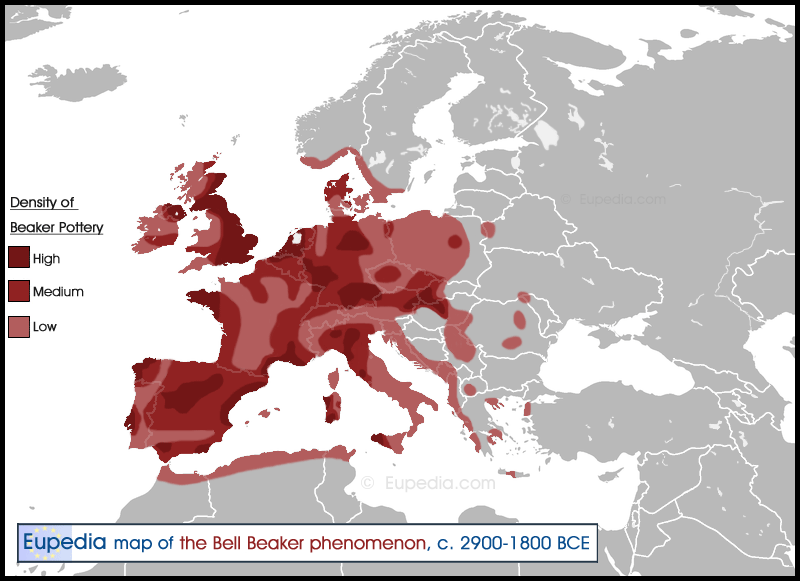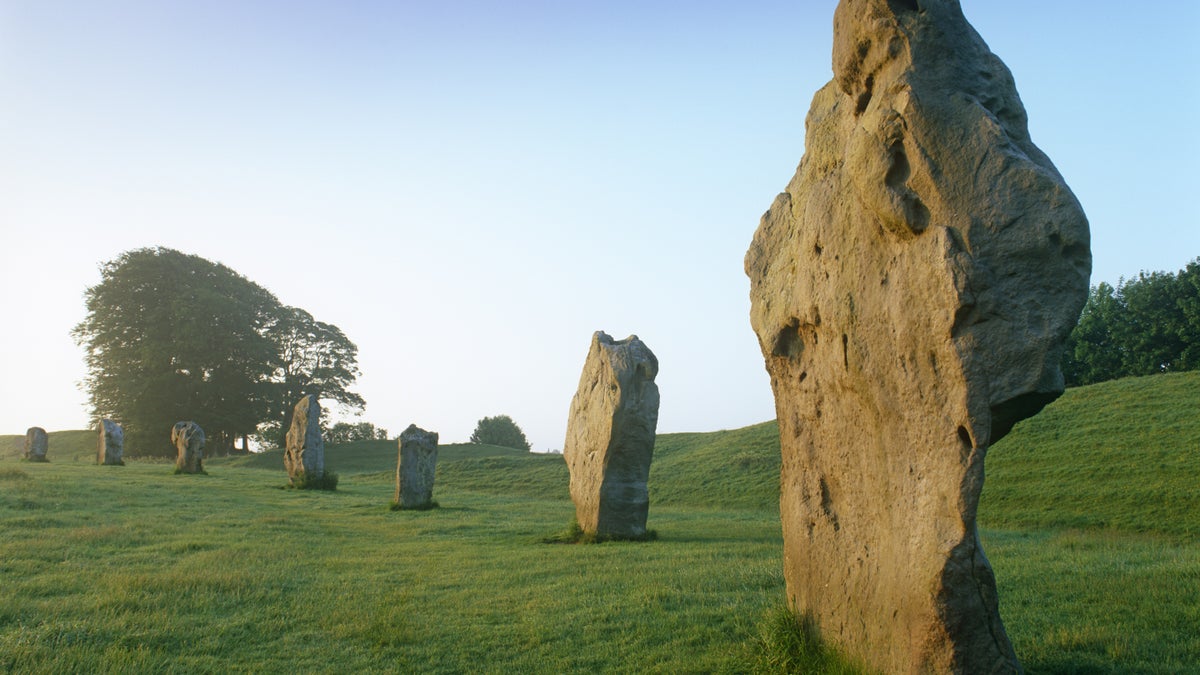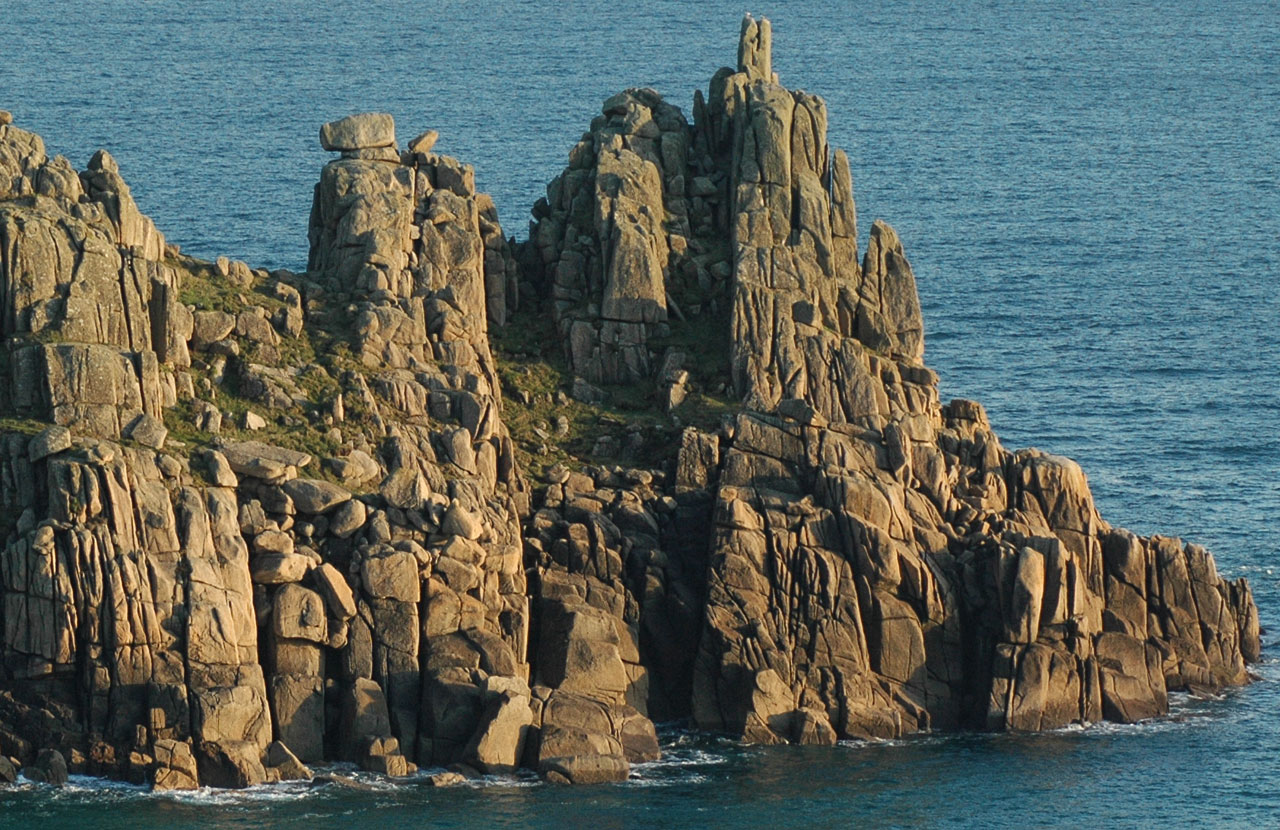- Apr 21, 2021
- 3,626
- 544
- Country
- United States
- Gender
- Female
- Faith
- Pagan
- Marital Status
- Private
Two things confuse me the most: how he thinks druids aren't Celts or Celtic, and how he thinks that druids are something akin to a group or an ethnicity when they were a political-religious class.
You are confused... let me help:
"The monuments we call Druidical, must be appropriated, exclusively, to the Aborigines of the midland, and western divisions. They are found in such corners, and fastnesses, as have, in all ages, and countries, been the last retreat of the conquered, and the last that are occupied by the victorious."--Davies, Celtic Researches
"Avienus makes only one direct reference to the Celts when he mentions that beyond the tin-producing Oestrymnides was a land now occupied by the Celts, who took it from the Ligurians."--Cunliffe, Ancient Celts.
"Bertrand and Reinach both maintain the pre-Celtic origin of Druidism."
--Wright, Druidism the Ancient Faith of Britain
"so we must pass on to the non-Celtic natives, who had another religion, namely, druidism, which may be surmised to have had its origin among them."--Rhys, Celtic Britain
"Professor Rhys goes so far as to refer Druidism to the Silurian race, because Caesar mentions Britain as the birthplace of that cultus, and it is of a character which he considers non-Aryan. It is almost certain that second-sight and other ecstatic moods must be referred to the pre-Celtic races."
--MacBain, Celtic Mythology and Religion
Aborigines, Ligurians, pre-Celtic, non-Celtic, Silurian... those words are all about RACE.
Aboriginal non-Celtic natives, Silurian Ligurians, non-Celtic origin of Druidism... are you starting to see a pattern, yet?
Here's more:
"The district round the Phocaean colony of Marseilles was inhabited by Ligurian tribes, who held the region between the river Po and the Gulf of Genoa, as far as the western boundary of Etruria, and who probably extended to the west along the coast of Southern Gaul as far as the Pyrenees. They were distinguished from the Celtae, not merely by their manners and customs, but by their small stature and dark hair and eyes, and are stated by Pliny and Strabo to have inhabited Spain. They have also left marks of their presence in Central Gaul in the name of the Loire (Ligur), and possibly in Britain in the obscure name of the Lloegrians."
--Dawkins, Cave Hunting
"The swarthy complexion and curled hair of the Silures, together with their situation opposite to Spain, render it probable that a colony of the ancient Iberi possessed themselves of that territory."
--Tacitus, Agricola
"The wide extension of the Ligues westward is in agreement with the language of Eratosthenes. According to Strabo (2. i. 40, p. 92) this old geographer taught that there were three forelands projecting frorn the north—the Peloponnesian, the Italian, and the Ligurian—between the first and second of which lay the Adriatic, and between the second and third the Tyrrhenian Sea. When we remember the high reputation and the real merits of Eratosthenes, it is astonishing how little attention has been drawn to the fact that he calls the Spanish peninsula the Ligurian."
--Guest, Origines Celtae
The Celtic Language
"probably somewhere in Gaul (Gallia/Keltikê), whence it spread in various directions and at various speeds in the first millennium BC, gradually supplanting other languages... it keeps Celtic fairly close to Italy, which suits the view that Italic and Celtic were in some way linked in the second millennium"--Simms-Williams, An Alternative to Celtic from the East and Celtic from the West
"Thus according to Roman tradition the Latini were the Aborigines, or, in other words, Ligurians, a tradition of great significance in view of the fact that the populus Romanus spoke not lingua Romana, but lingua Latina. Romulus and his brother are represented as descended from Lavinia, the daughter of Latinus, the king of the Aborigines."--Ridgeway, Who Were the Romans?
__________________________________________
"Most people don't really want the truth. They just want the constant reassurance that what they believe is the truth."
Last edited:
Upvote
0




